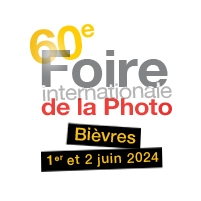|
Fuji DL-250 |
Manufactured or assembled in from 1987 to (After) 1988.
Index of rarity in France: Frequent (among non-specialized garage sales)
Inventory number: 9902
See the complete technical specifications
Chronology of cameras Fuji
Après les DL-150 (chargement automatique, sans prébobinage), DL-300 (chargement automatique, avec prébobinage) et DL-10 ( chargement automatique, pas d'AF) présentés lors de la PhotoKina de 1986, les DL-400 et DL-250 furent présentés lors du SITI de 1987.
Le DL-250 est proche techniquement du DL-400. C'est également un bifocale, mais l'écart entre les deux focales est moindre. C'est un 34 et 53 mm. Le 53 mm est moins complexe optiquement que le 75 du DL-400, et donc moins cher à fabriquer. Le DL-250 est donc plus abordable que le DL-400. Pour réduire un peu plus les coûts, Fuji a choisi de ne pas le doter du prébobinage, les autres fonctions étant identiques.
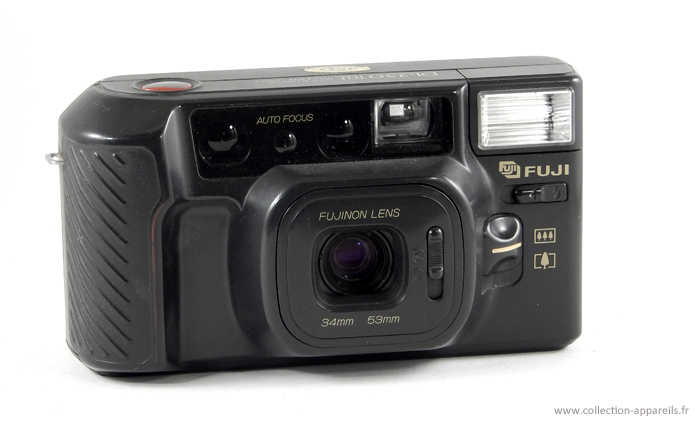
DL stands for Drop-in Loading. It's a Fuji exclusive feature that simplifies the process of loading a new film into the brand's cameras. The film is placed in the camera after pulling out a bit of the leader, and then the back of the camera is closed. The film is automatically fed until the first frame.
This function is often associated with prewinding, meaning that when a new film is inserted, it is fully taken out of its cartridge and stored in a compartment. The film is gradually reintegrated into its cartridge after each shot. In case of accidental opening of the camera, the already exposed part of the film is always protected. At the end of the film, there is no need for rewinding since it is already in the cartridge. One can simply open the camera without fear of accidents.
In the early 1980s, Fuji filed numerous patents related to the loading process from both mechanical and electronic perspectives. One complexity involved the length of the leader extending from the film cartridge. In a typical film loading process, the user must slightly pull out the film, insert the tab into the receiving spool's slot, and correctly align the film perforations with the sprockets. The Drop-in Loading system eliminates all of these steps. Various solutions were considered, such as placing the cartridge in the back of the camera, loading from the bottom (similar to Leica), etc.
Fuji Photo Film Co. Ltd. filed a trademark application for DROP IN LOADING on November 12, 1982. It expired less than two years later.
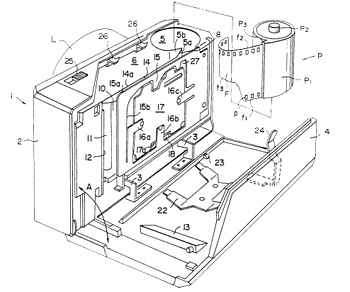 |
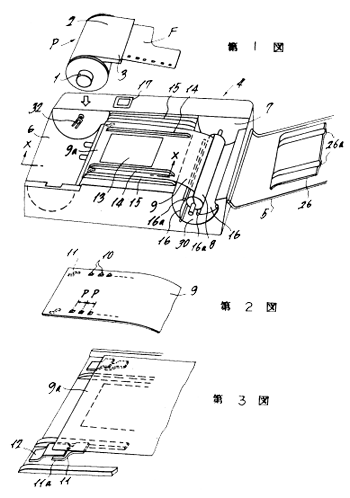 |
| Patent No. JPS5868730 relates to the film guiding in easy loading and was issued in 1983. | Patent No. JPS57169736 pertains to the easy loading system and was granted in 1982. |
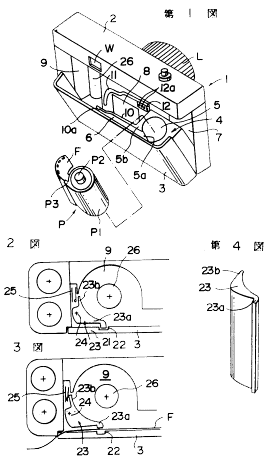 |
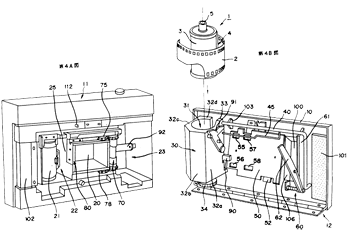 |
| Patent No. JPS57201221 is associated with the easy loading system and was granted in 1982. | Patent No. JPS5870218 is related to loading in the back and was granted in 1983. |
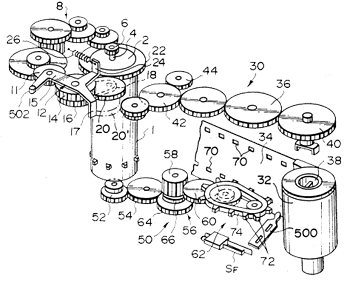 |
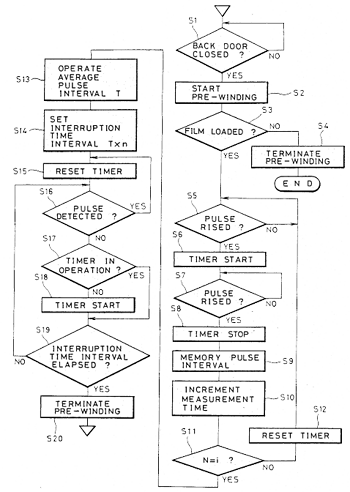 |
| Patent No. US4586801, granted in 1986, is associated with the prewinding process. | Patent No. US4885599 Algorithm for Pre-winding (1989) |
The patents related to prewinding are subsequent to those for the facilitated loading by a few years.
Interesting links or bibliography :
Add a link or element of bibliography, a picture taken with this camera, a picture of box or an ads about this camera
Your photos taken with the same camera:
Cameras from Ebay France (Fuji) (Uploaded each 3 hours)



